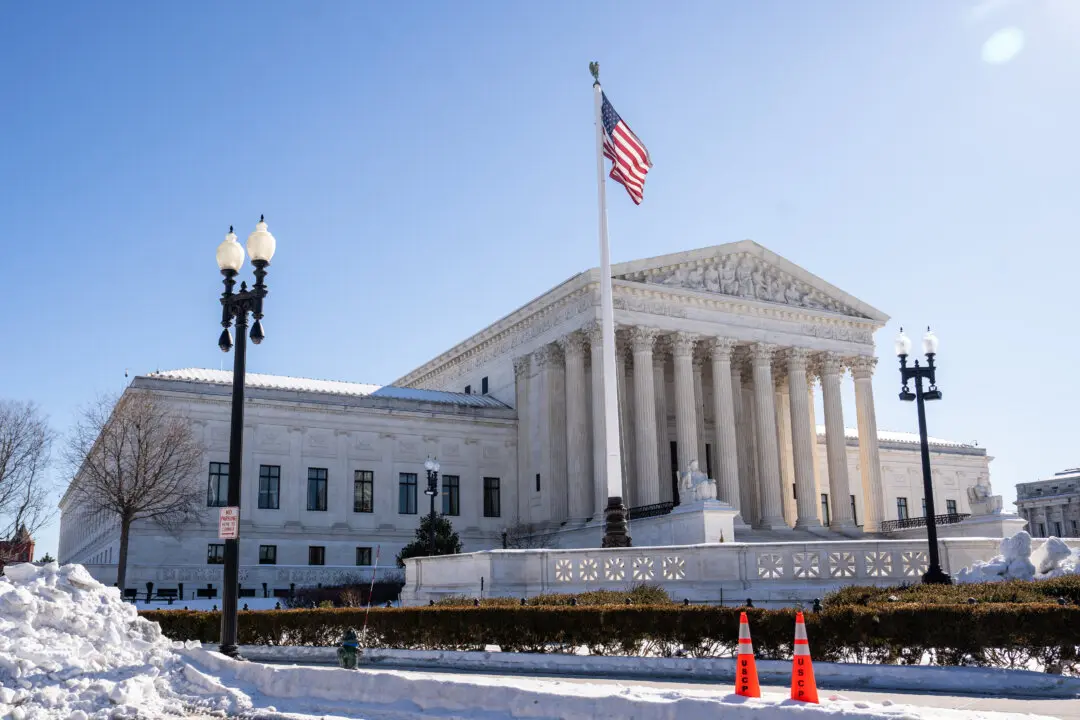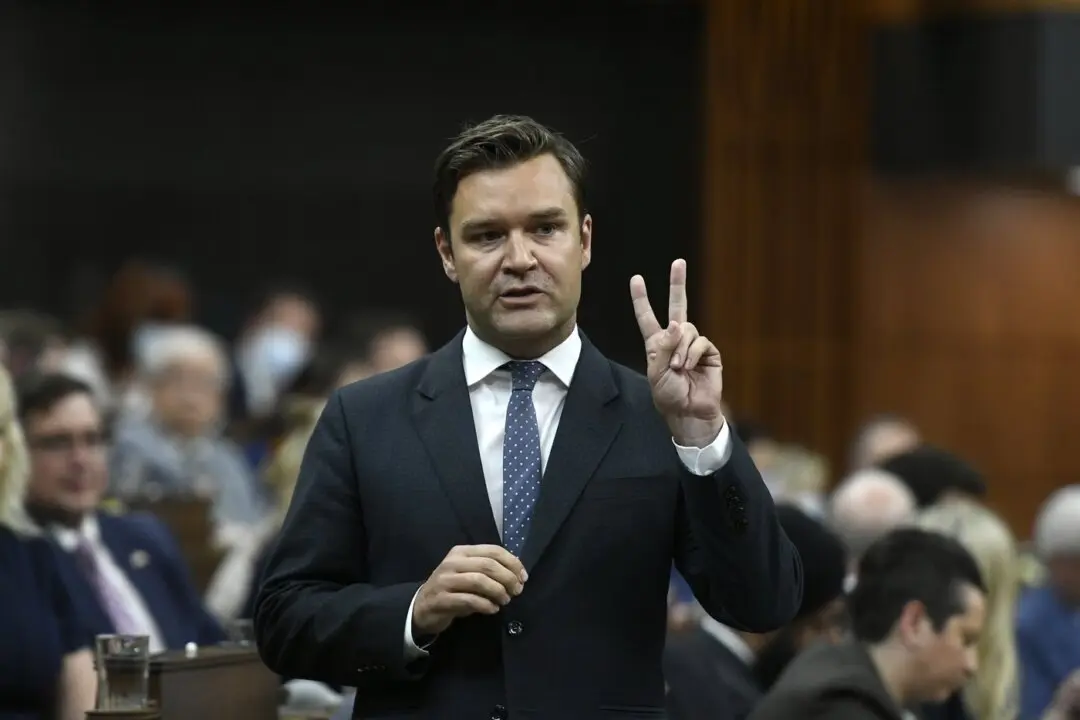The commission tasked with reviewing the Liberal government’s unprecedented use of the Emergencies Act last February said today the hearings will be postponed due to the commissioner having a health issue.
The Public Order Emergency Commission was due to begin its public hearings on Sept. 19. The date has now been moved to Oct. 13.





